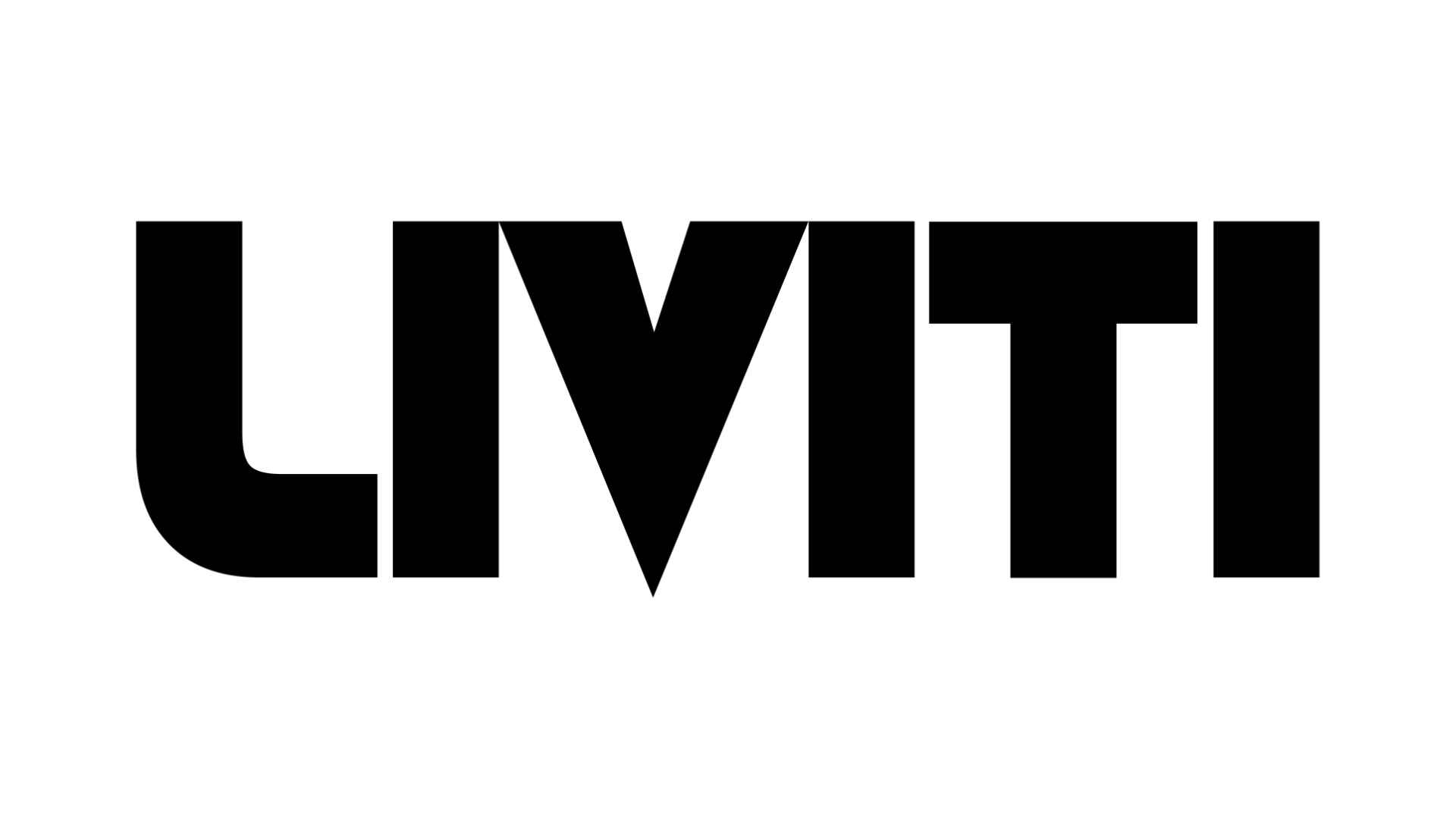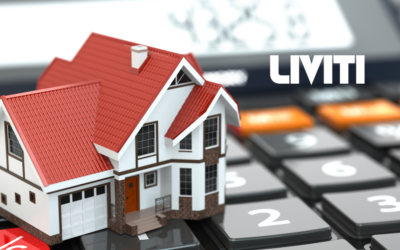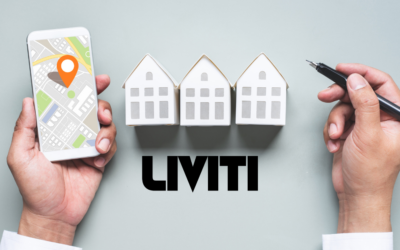For many investors, property is the vehicle of choice for accumulating wealth for themselves, their families, or their businesses for the future. With careful planning and the appropriate strategy in place, real estate can be an extremely effective tool to create both ongoing cash flow and capital growth over time.
Like everything, the more educated you are on a topic the lower the risk will be. That is why we have created this pros and cons list to help you make this decision a little bit easier.
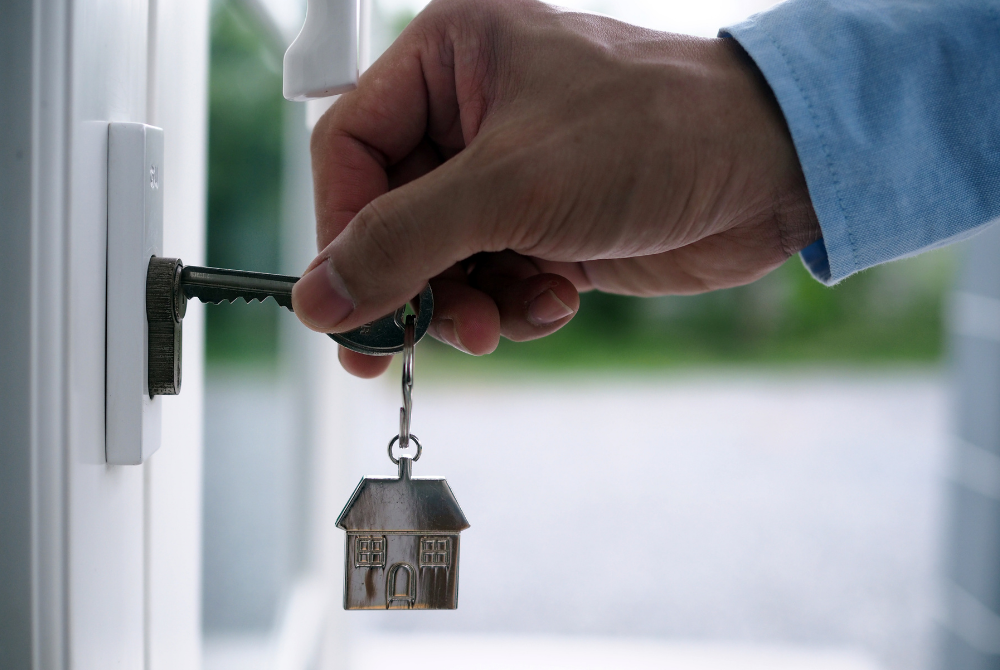
Are property investments worth it?
There are several factors that you should take into consideration when doing your research and investing in property. Property investments require proper planning, knowledge, and weighing of all the pros and cons as well as your own financial situation before making the big jump to decide whether this is the right option for you.
The Pros
You would be delighted to note that you could benefit immensely from property investment. Several factors can be more advantageous and vital than others and can take longer to achieve. This is why it is so crucial that you are aware of the longevity that can come from this investment and that you properly research before purchasing to tailor a strategy to your unique, individual situation.
1. Security and Stability
Compared to other investments, the property has proven to be one of the more secure and stable investments over time. Everybody needs somewhere to live. This means that property is always in demand.
While the property market may fluctuate a lot, there tends to be less of an impact from these shifts, and the time it takes to sell a property is a lot longer than any other investments like shares that can be sold in seconds. This makes it less unpredictable and an overall safer choice when investing.
2. Positive Cash Flow
One of the more significant advantages is using your real estate investment as a rental property and generating a steady income in return.
The more properties you own, the greater the positive cash flow generated and the sooner you can rid your life of unnecessary financial stresses.
Rental income from your tenants come with many financial benefits like:
- Having all upkeep and maintenance expenses paid for
- Getting back the amount of money you spent on the property
- Taking care of the mortgage repayments
- Gaining positive cash flow
With enough properties and patience, this could eventually be your main source of income and could end up funding your entire lifestyle. Say hello to early retirement!
3. Access to tax benefits
Although these vary from state to state, property investors can also be eligible for several tax benefits.
- Advertising costs – you can claim any expenses incurred from advertising against your income
- Council rates – can be claimed during the periods when a tenant is occupying the residence
- Land tax
- Insurance – can cover tenant-related risks incurred
- Utilities – deductions for basic utilities can be claimed such as gas, water, electricity and internet
- Cleaning and pest control
If you have owned a property for several years, you can reduce your taxable income by claiming tax deductions for expenses that are related to:
- Negative gearing – if you are losing money on your investment, you can offset this against your income.
- Borrowing expenses – claim expenses from taking out the loan you used in buying the property.
- Depreciating assets – you can only claim depreciation on assets that meet specific criteria.
- Capital works – deductions for the costs of structural improvements like building extensions and building extensions.
4. You can leverage your investment
Basically, this means using someone else’s money to build wealth. Leveraging your investments means that you can buy more for less. In the property market, this is when you pay the deposit, and the bank loans you the remaining amount. This helps you maximise positive cash flow return when the property experiences capital growth.
When asking yourself if this is worth investing in, consider the large amount of money that the bank is willing to lend to help you purchase your property.
5. Compounding
Property is an excellent long-term investment. As mentioned before, the market can fluctuate, meaning there is a lot of potentials for the property value to go up along with your cash flow, especially if it is in an area with a higher rental yield.
The income you receive from another property can then be used to purchase another one and so on. This is called compounding, and it doesn’t occur immediately. That is why it is so crucial to begin investing sooner rather than later. It takes time and patience but eventually, you can get to the point where your properties are paying for themselves.
6. Physical Asset
For most people, having something that you can physically touch and feel provides them comfort, as most are fearful about investing in an asset such as stocks or crypto as they cant see exactly where their money goes.

The Cons
The drawbacks can be just as significant to be aware of as the benefits. Investing in property is a big and risky decision to make and is not one you should make lightly, so it is beneficial to be aware of all of the factors that can impact you if you are not ready.
1. Lack of liquidity
As mentioned before, the property can take longer to sell. Depending on your property’s area, this could take weeks or months, and even then, the cash flow would not be instant. This could be a disadvantage to you if you are in need of immediate access to cash.
2. High entry cost
High entry costs involved with property investing is one of the biggest obstacles preventing people from participating. Property prices constantly rising make it continually harder to get into the market, especially when the deposit alone could cost you tens or even hundreds of thousands of dollars.
3. Ongoing costs
While one of the benefits was that tenants could pay for other fees, it is important to note that this does not happen overnight. Until the rental income is enough to start generating a positive cash flow, it is up to you to pay for the other expenses your investment can incur.
These can include:
- Insurance costs
- Council rates
- Mortgage repayments
- Maintenance costs
- Renovations
As mentioned before, though, with proper planning and preparation, the tenant can cover these additional costs and significantly reduce if you claim tax deductions.
4. Bad tenants
While you can plan for the case of most of these cons, unfortunately, nothing can prepare you for bad tenants. Not only can they affect your income if they don’t pay their rent on time or at all, but they can also cause unnecessary financial and emotional stress.
On the other hand, you could also end up without any tenants at all or even go for long-vacant periods. If this happens, you will have to be prepared to cover the cost of the property yourself for a period of time.
5. You could have all your eggs in one basket
It can be common for investors to “have all their eggs in one basket” because there is such a high entry cost. This means not taking part in other investment properties or opportunities and can lead to devastating circumstances if the housing market fluctuates unexpectedly or the property you have invested in does not perform the way you thought.
There are ways to prevent this from happening though
Diversify – Try to have a good mixture of investments to make up for it if one falls through.
This can be property, shares, businesses etc.
Specialise – If mixing it up is not for you, that’s ok. Just focus on growing your skills in the property market. This will lower your risk and raise your potential income return.

Is property investment right for you?
There you have it, the pros and the cons. Now it’s time for you to decide whether this is the right step for you. Yes, we understand it can be a risky and scary process; however, if you start sooner and if right, investing in property can be a great way to build wealth and secure your financial future a lot sooner than you thought possible.
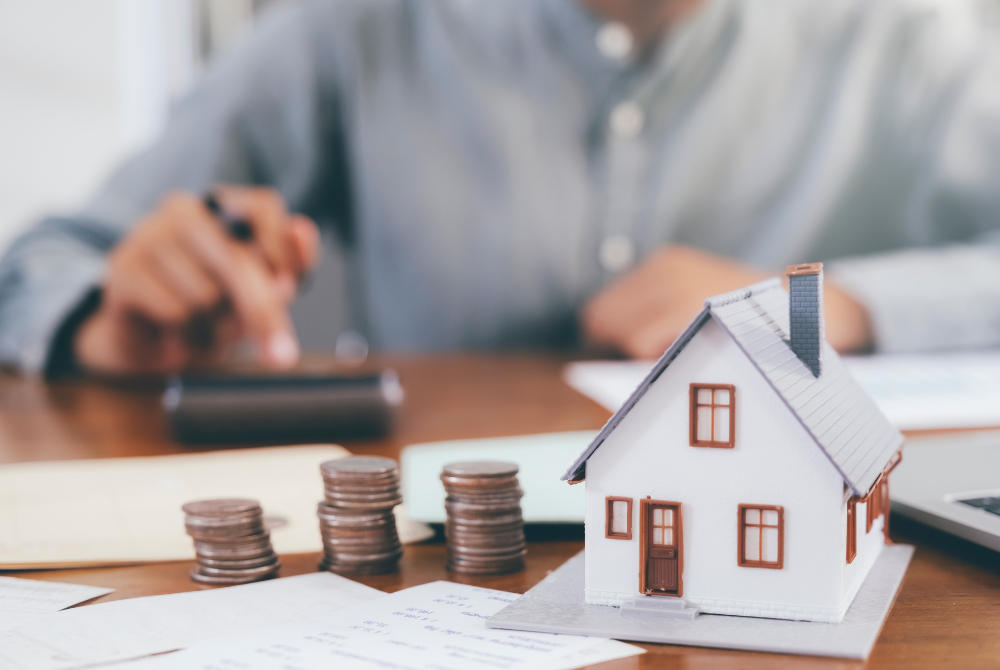
Tips for buying an investment property
If you have decided that property investment is the direction for you, then here are some simple tricks to help you get your foot in the door.
1. Be clear on your goals
Yes, there are many benefits to investing in property; however, as you’ve seen, there are also many realities you need to consider. Be aware of your financial situation and make sure you are in the position to cover your monthly repayments and any other additional fees without impacting your current lifestyle. Ask yourself if you’re comfortable with the risks involved, like tenants not paying their rent on time, sudden market changes and significant rises in the interest rates.
2. Do your research
Knowledge is everything when it comes to investing. If you go into it blindly, you just might come face to face with a few nasty surprises that could’ve been prevented.
Things you can research include:
- Different property types
- Different suburbs
- The housing market in certain suburbs
- How much you can afford to borrow
- The potential for capital growth
- Rental yield
- Ongoing costs.
3. Decide who’ll manage the property
If you’re stretched for time or do not live near your investment property, it may be beneficial to talk to a property manager or real estate agent, but bear in mind this will incur an additional fee.
4. Consider whether you need insurance
Acts of nature, building repairs, contents, and loss of rental income are some of the things to think about. The type of cover and the premiums you’ll pay can vary greatly depending on the provider and the policy you take out.
5. Set a reasonable budget
Be prepared for all of the costs you will incur. You may typically be asked to pay a minimum deposit of 10%-20% in terms of loans.
You will also need to make upfront cash payments for:
- Legal fees
- Insurance
- Stamp duty
- Conveyancing fees
- Maintenance and repairs
- Interest in borrowings.
- Utility fees
- Strata fees
- Estimated vacancy costs, including lost rent and advertising

Conclusion
So now you have all the information you need to consider investing in property. If you’re ready to make the big commitment get a head start by beginning today.
At Liviti, we’re here to help you with all your property needs so contact us here or give us a call today at
(02) 9056 4311. One of our experts can talk you through getting started on your investment journey or simply just discuss the topic more.
